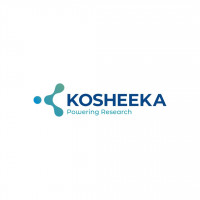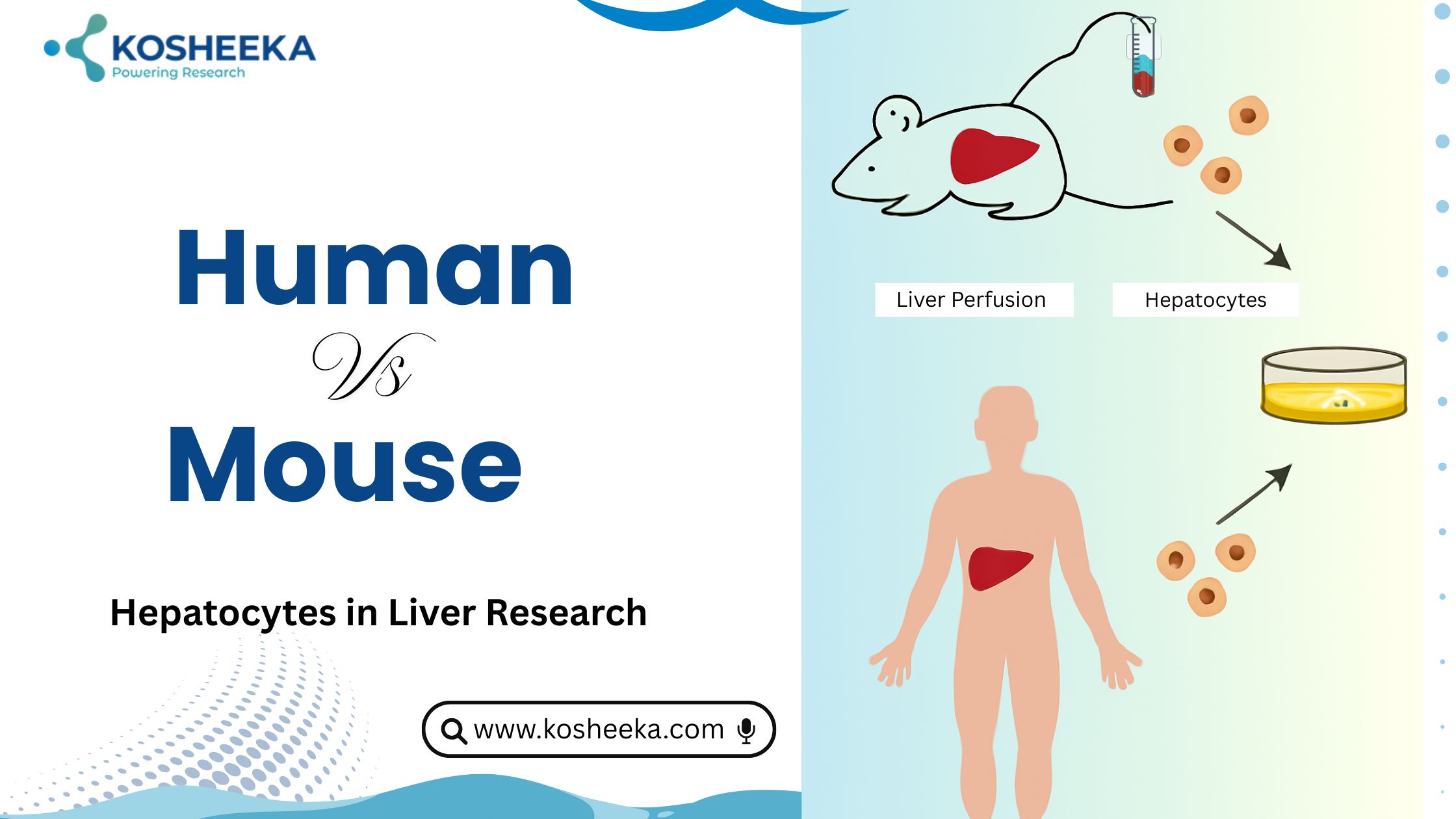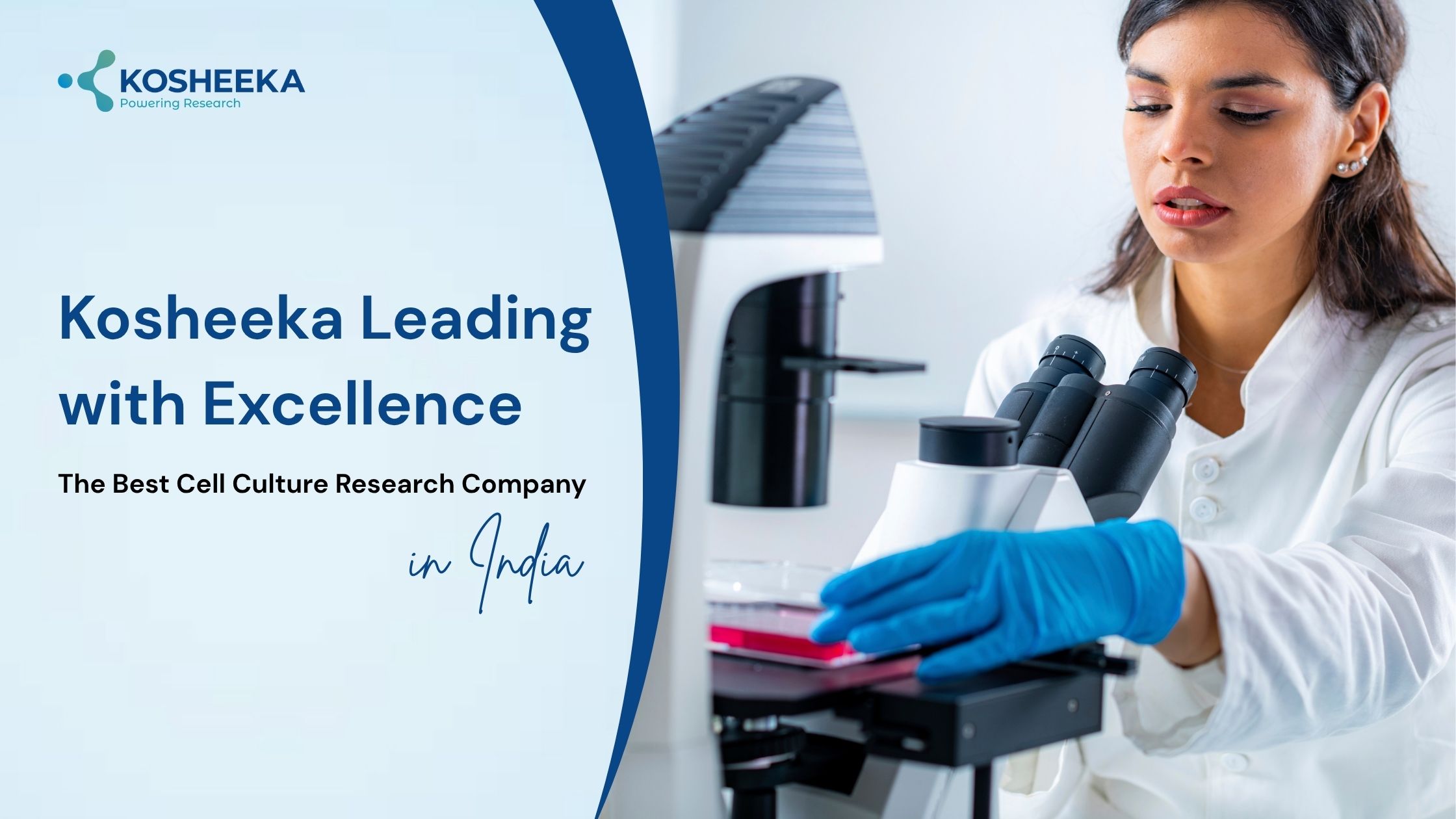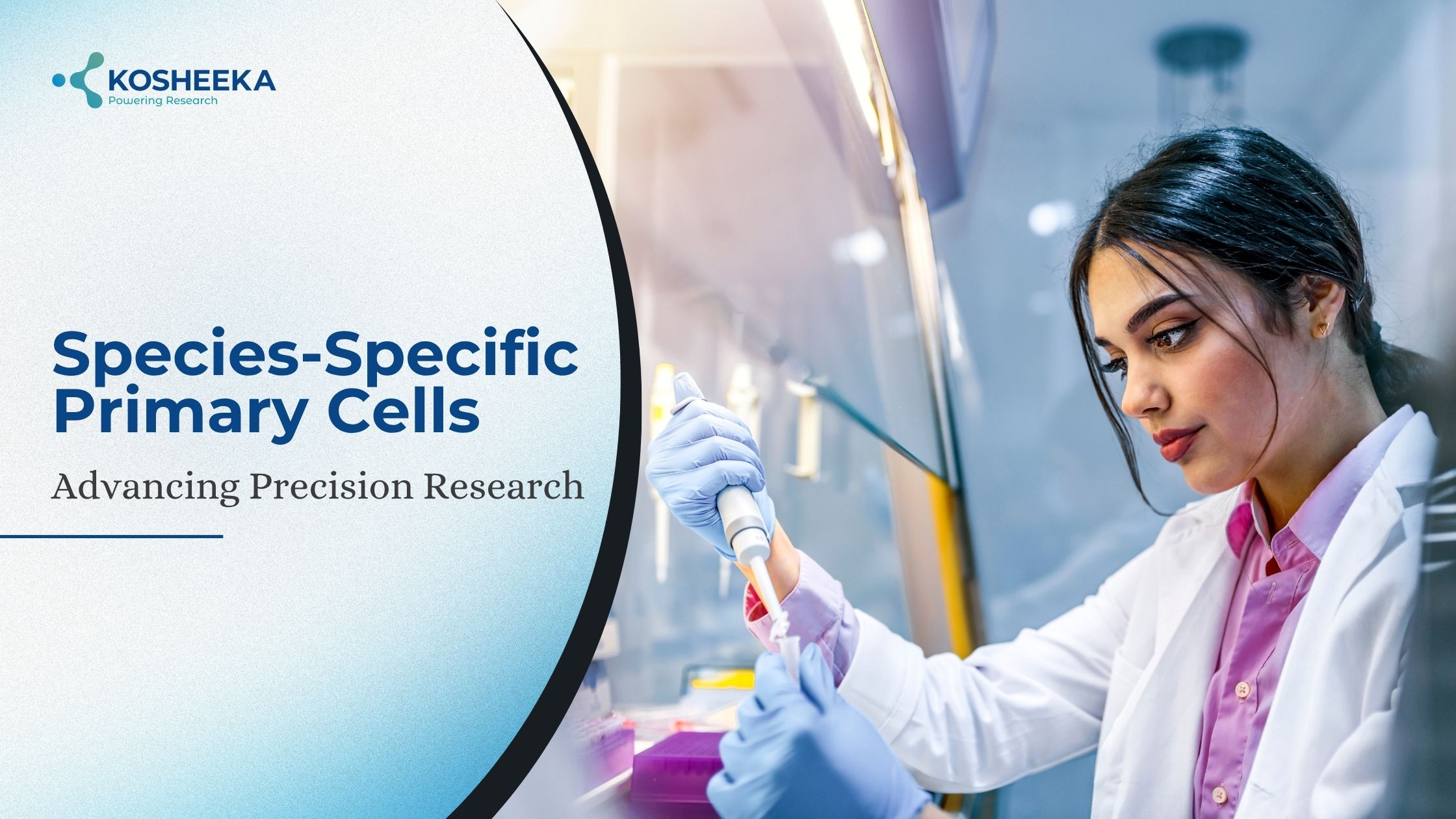Cell Culture Research Company Offering Customized Culture Solutions

Strong 8k brings an ultra-HD IPTV experience to your living room and your pocket.
Biomedical research has made significant advances owing to in vitro culture. Cells with unlimited proliferation have been popular due to their ease of handling. However, the research is gradually moving towards primary cells after understanding the value of accurate in vivo representation. A step in this direction is custom-specific primary cell cultures. This article explains these custom cultures and how the private sector is availing these products, empowering in vitro research.
Biomedical Research
The beginning of biological research often employed animal studies. Scientists extracted the desired tissue and incubated it in balanced salt solutions. Cells were soon identified as the basic units of tissues, mandating the research at the cellular level for deeper insights. The research on growing nerve fibers in frogs by Ross G. Harrison marked the beginning of animal cell culture. The culture of HeLa cells has been another breakthrough. These were cancerous in nature showing an indefinite life span and, therefore, were easy to culture in comparison to primary cells with limited proliferation. Soon, the transformation of tissue-derived primary cells into immortalized cell lines occurred, which provided a homogenous population. In the present day, many such innovations have completely transformed in vitro research.
Primary Cells Took Precedence
Cancer cells and cell lines are responsible for many significant advances in understanding cellular biology and disease pathology. However, as our knowledge is expanding, it has become evident that primary cells are a more accurate representation of the in vivo environment. Their genome and proteome are identical to the tissue, which can provide more relevant information. Cells with unlimited division might be easy to culture but also lose reliability in terms of in vivo reproducibility. Therefore, scientists are moving towards primary cell culture.
Custom-specific primary cell cultures
Primary cell culture has considerably enhanced our knowledge. Although it is a routine, the cells were often not derived from the tissue required in the study. For example, most of the endothelial research has been derived from HUVECs, instead of tissue-based models. However, many findings have demonstrated that primary cells possess tissue-specific characteristics, thereby hinting at the variations among the same cell type from different tissues. For example, epithelial cells show genotypic and phenotypic variations from different tissues, suggesting the use of tissue-specific models. Additionally, variations relevant to the donor profile, such as animal model, gender, age, medical history of humans, etc., have also been evident. It is redirecting the research towards customization. Custom-specific primary cell cultures have precise characteristics. It aids in estimating the exact effects of the research and the population to which the research is applicable.
Cell Culture Research Company
Customization has brought many benefits but also challenges.
- The source of primary cells, especially a human as a source, is not always easy to acquire.
- The isolation protocols vary for different cell types and require standardization, as repeated isolation might provide different results.
- The yield and purity of the extracted cells are insufficient for experimentation.
- Inadequate isolation might cause cellular distress that interferes with the study.
- The process is time-consuming and labor-intensive while also incurring high costs.
It led to the creation of a demand leading to the establishment of various research companies. These companies invest in the isolation, standardization, and validation process and supply cells to researchers at a defined cost. It saved the time and labor of researchers while also ensuring the reliability of the results.
Cell Culture Company: The Criteria
Although the private sector has emerged to fulfill the requirements, it is imperative to select the right company. Not only will it affect the cell quality but also the results obtained from them. The following characteristics provide credibility to a company.
GMP-compliance: Good manufacturing practices (GMP) are a set of guidelines that outlines the manufacturing protocols. It guarantees the quality and batchwise consistency of the product. A company with GMP or ISO certificates show adherence to quality.
Cell Characterization: Proper characterization based on their surface markers or sometimes even gene expression is necessary. It guarantees a pure population that is free from other cell types.
Documentation: The company should provide proper documentation regarding gender, age, and even medical history for human primary cells, as well as passage numbers and animal models for animal cells.
Testing: The company should run extensive testing before supplying them. They mention the tests in the documentation as well. These evaluations are generally performed to verify the absence of mycoplasma, viral or bacterial infections, and endotoxins.
Conclusion
Custom-specific primary cell cultures have become a new pursuit in biomedical research. The emergence of three-dimensional culture models for better in vivo representation has encouraged these customization. They have a greater potential for clinical translation and can deliver dependable results. The applicability of treatments for a particular group can also be determined by turning the data into a workable treatment. By supplying these cells, the private sector helps with the research while saving labor, money, and time. However, it's best to exercise caution for product and provider quality. Kosheeka is a cell culture research company that offers customization services after processing them according to a GMP-compliant process in a BSL-2 laboratory to ensure product quality.
Note: IndiBlogHub features both user-submitted and editorial content. We do not verify third-party contributions. Read our Disclaimer and Privacy Policyfor details.






